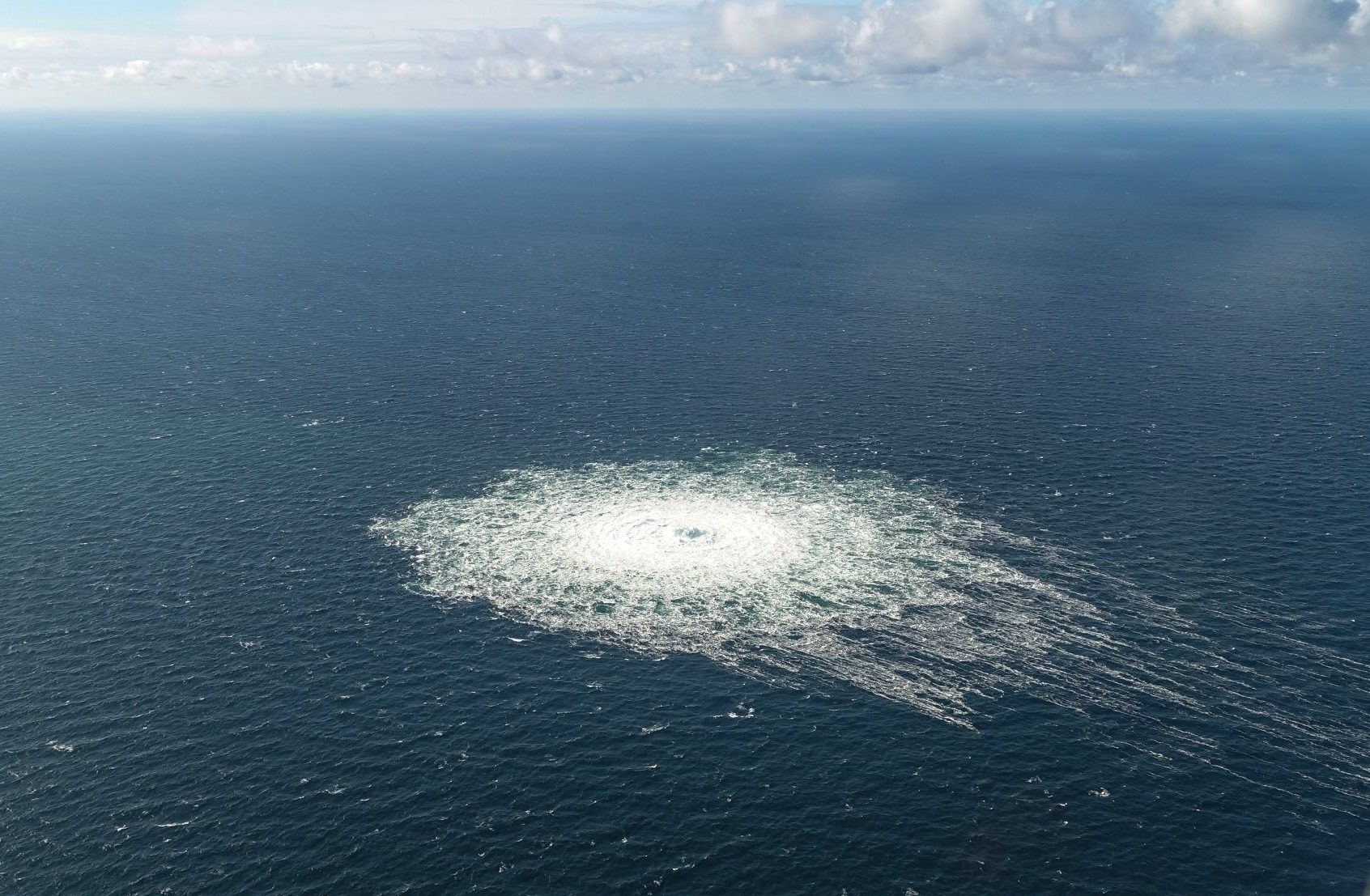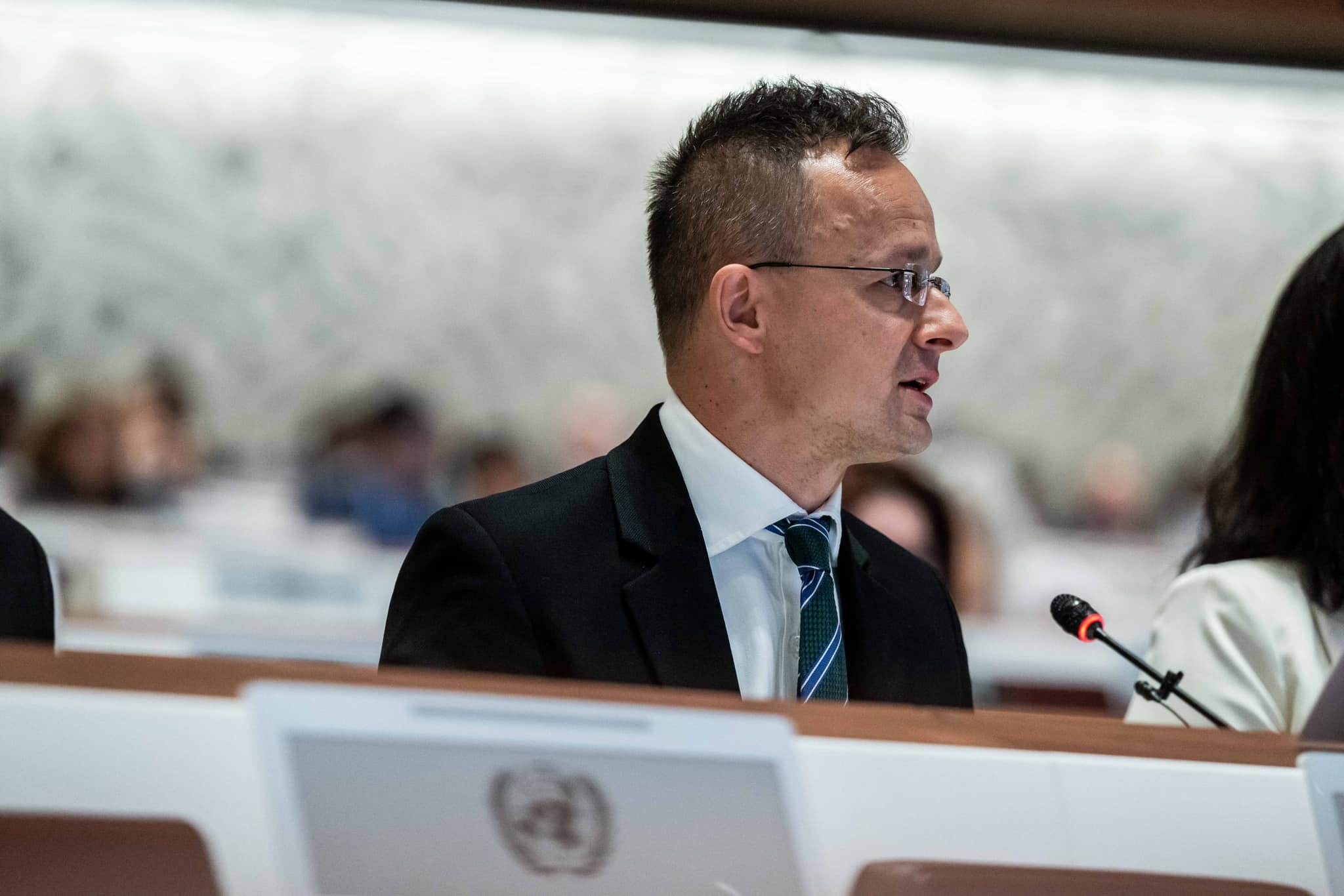
Never in peace time has such a major energy infrastructure been attacked like the gas pipeline under the sea.Continue reading

One of the main negative consequences of the war in Ukraine is that the world has once again embarked on the path of establishing blocs, which is in sharp contrast to European and Hungarian interests. Instead, dialogue and connectivity are needed, Minister of Foreign Affairs and Trade Péter Szijjártó stressed in Geneva on Wednesday.
Speaking at the UN Economic Commission for Europe (UNECE) forum on sustainable development, the minister stressed that the Central European states had always lost out when there was conflict between East and West. “Instead of blocs, we need cooperation based on both mutual respect and benefits, and for this we need to maintain dialogue, without which even the hope of peace will evaporate,” he emphasized.
Péter Szijjártó spoke out against efforts to cut economic ties between the East and West, saying that ending cooperation between Europe and China would “knock out” the continent’s economy.
In particular, he highlighted the most crucial sector of the global economy- the automotive industry- which is undergoing a revolution, saying that the largest Western companies are heavily dependent on their Eastern partners for electro-mobility.
In his speech, Szijjártó then said that the continent is facing the most serious challenges in recent history, both in terms of security and the economy. He stressed that everyone is paying the price of the war in Ukraine: food and energy prices have skyrocketed, inflation is at its peak, and Europe’s competitiveness is weakening significantly.
There is a particular need for reason and common sense rather than ideological, dogmatic approaches,”
he added.
Finally, he touched on the issue of sustainable growth, which he said could only be achieved if green goals were approached on the basis of reason and not on political or ideological grounds. He stressed that these could not be achieved without nuclear energy in Europe.
The foreign minister also talked about the war in Ukraine, saying that the risk of escalation is higher than ever, partly because of continued arms transfers and nuclear threats. He pointed out that if there is escalation, it will not be thousands of kilometers away or on the other side of an ocean, but in the immediate backyard of Hungary. He underscored that the armed conflict had already claimed many victims within the Hungarian community in Transcarpathia, Ukraine, and stressed the need for peace as soon as possible.
Featured photo via Facebook/Péter Szijjártó